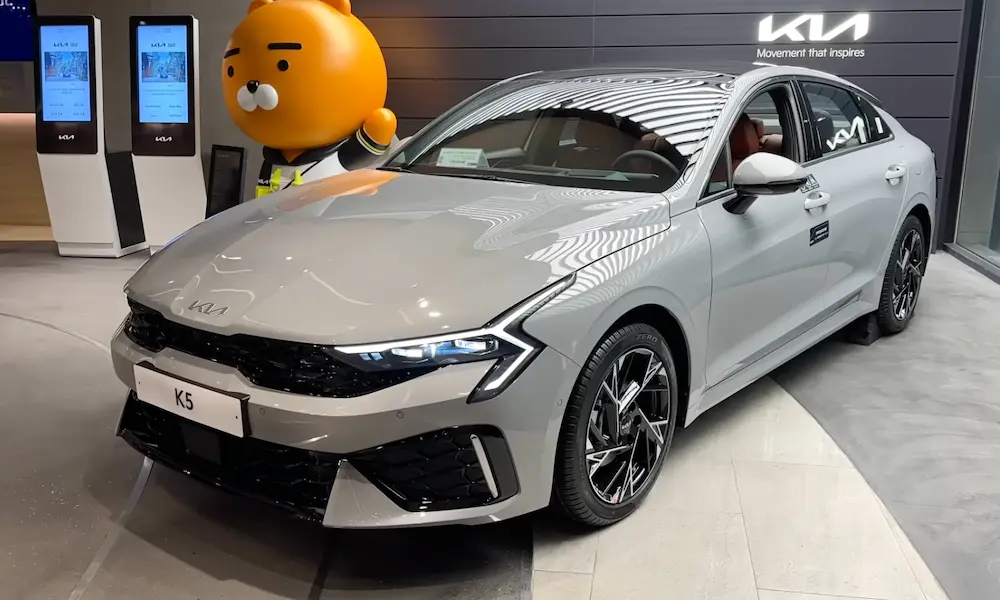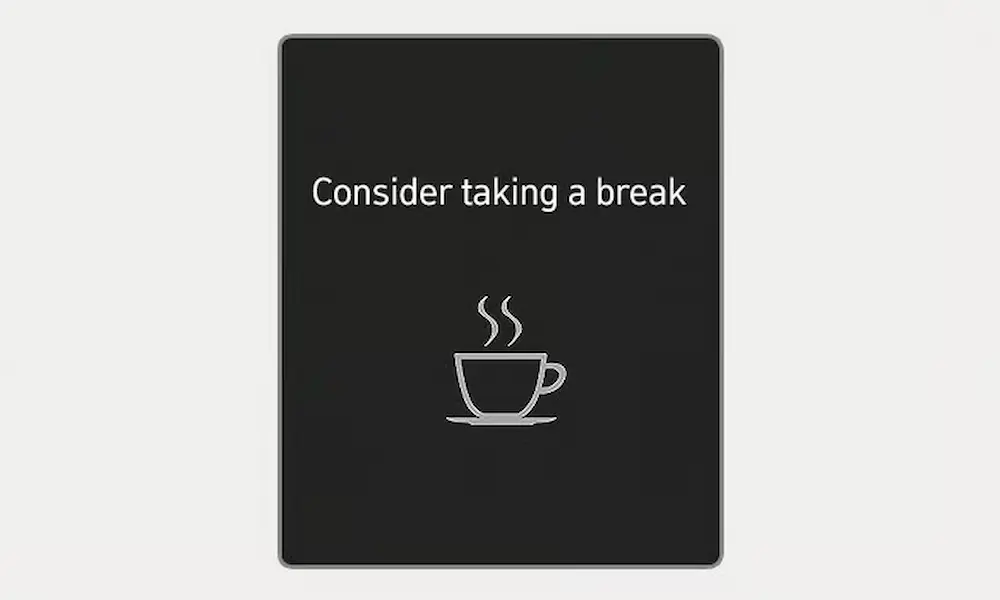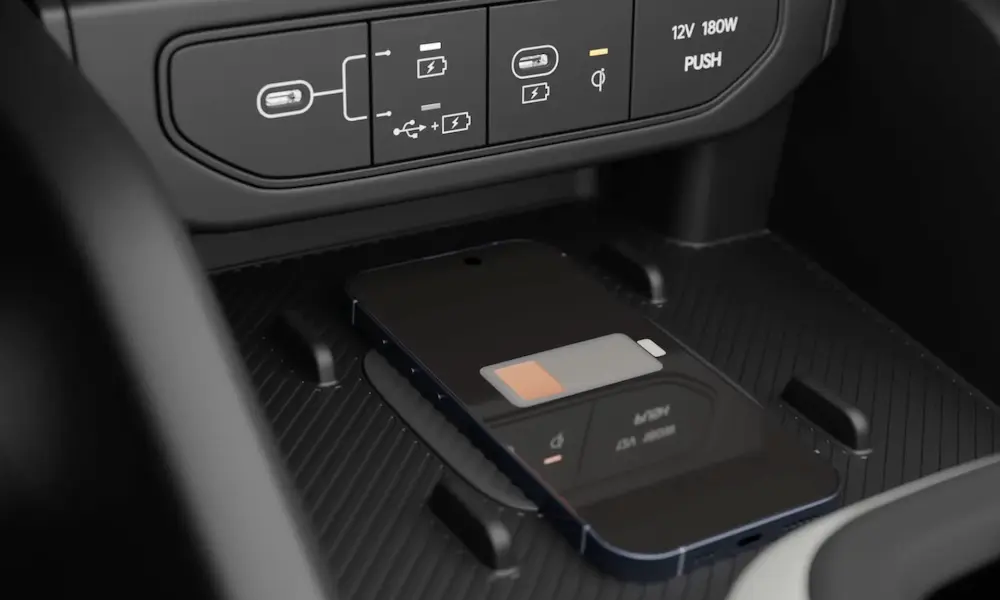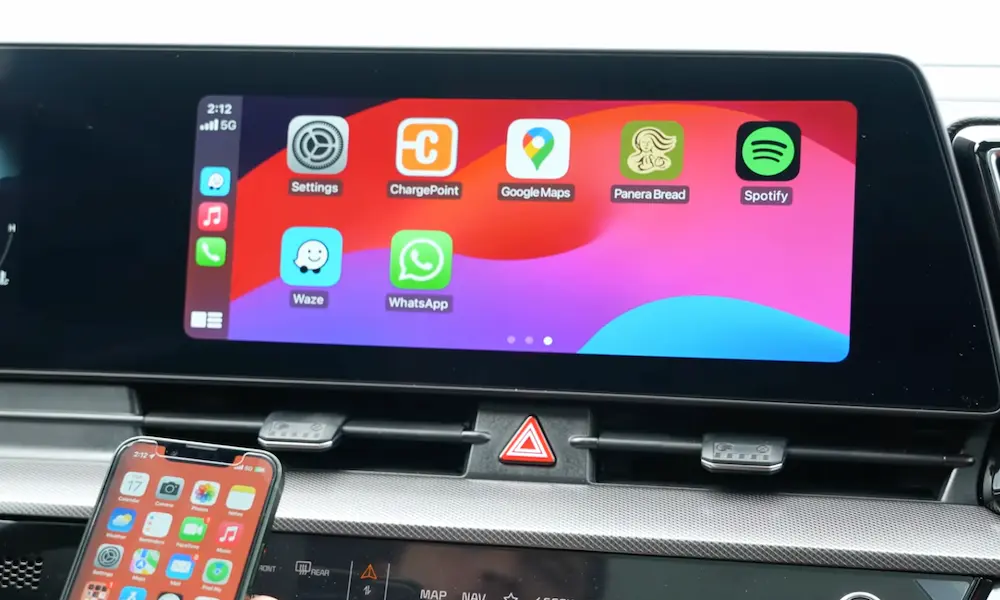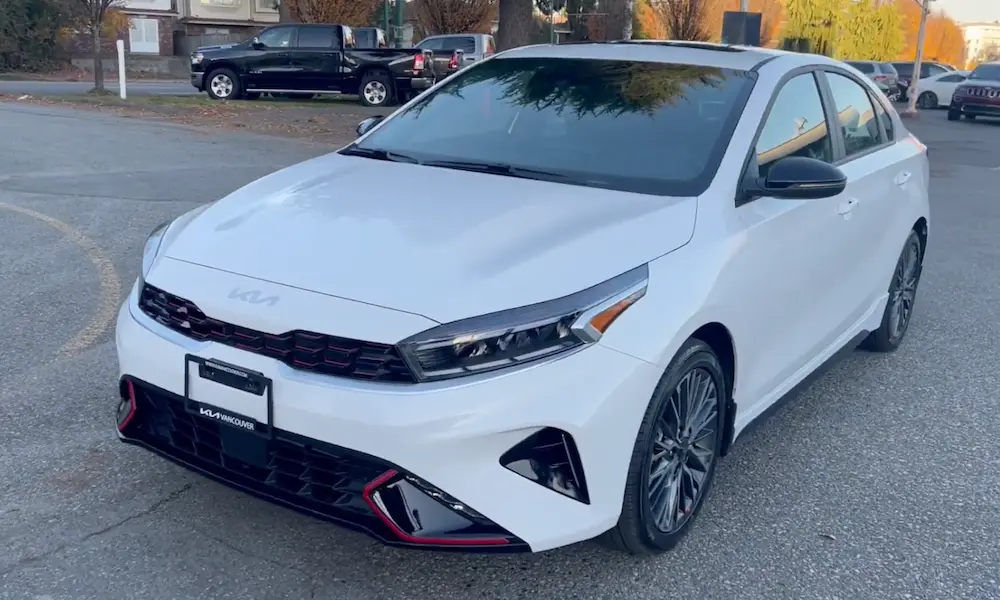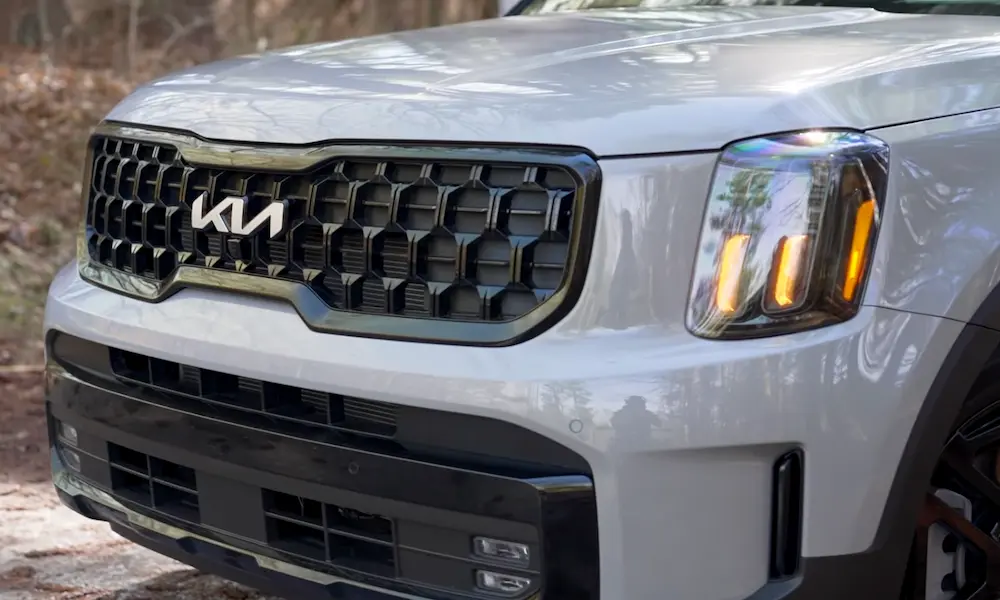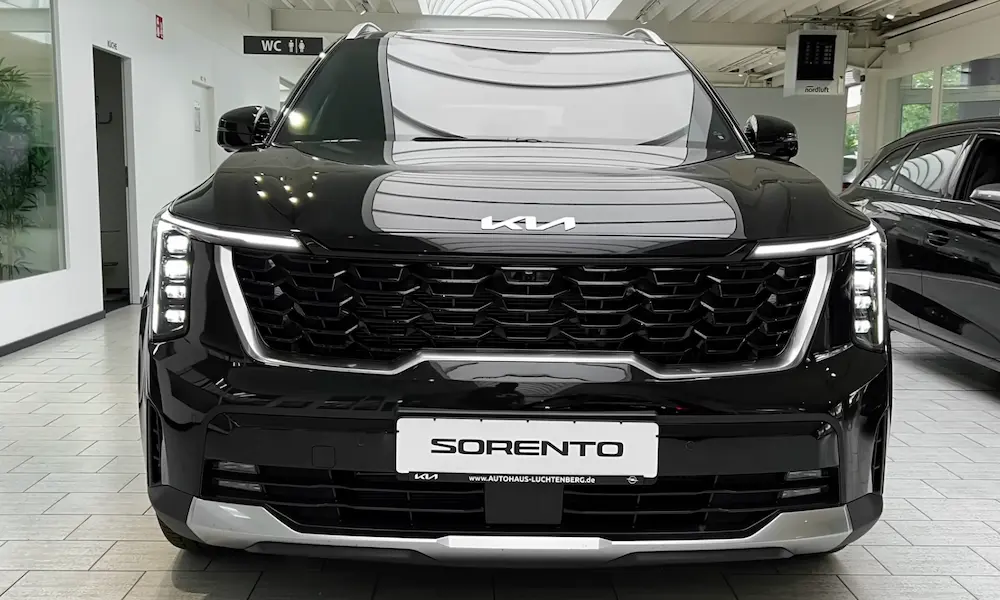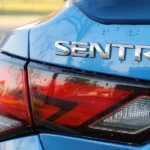You’ve just gotten into your Kia, turned the key, and there it is—that annoying “Check ESC” warning light glowing on your dashboard. Don’t panic. While it’s definitely something you shouldn’t ignore, understanding what this warning means can save you time, money, and unnecessary worry.
What Is ESC in Your Kia?
ESC stands for Electronic Stability Control—it’s not just a fancy feature, but a critical safety system in your Kia that could save your life in challenging driving conditions.
Your Kia’s ESC system constantly monitors where you’re steering versus where your car is actually going. When it notices a mismatch (like when you’re starting to skid), it jumps into action by:
- Applying brakes to specific wheels individually
- Reducing engine power when needed
- Correcting your vehicle’s direction automatically
You might hear a “tik-tik” sound or feel a slight pulsation in the brake pedal when the system activates—that’s completely normal and means your ESC is doing its job.
Why Your Kia Shows “Check ESC” Warning
When your Kia displays the “Check ESC” warning, it’s telling you there’s a problem with this vital safety system. Here are the most common culprits:
1. Wheel Sensor Issues
Each wheel on your Kia has sensors that detect traction loss and communicate with the ESC system. These sensors can become:
- Covered with road dirt or debris
- Damaged from hitting potholes or curbs
- Worn out over time
When these sensors can’t properly communicate wheel speed and rotation, your ESC system can’t function correctly.
2. Battery Problems
Surprisingly, battery issues are a common trigger for ESC warnings, especially in Kia Telluride models. Owners have reported ESC warnings appearing alongside starting difficulties when:
- The vehicle has sat unused for several days
- The battery has been partially drained
- External devices have been left plugged in
3. Wiring and Connection Problems
Your ESC system relies on a complex network of wires to function. Problems can include:
- Broken or damaged wiring
- Loose connections
- Blown ESC system fuses
4. Steering Angle Sensor Malfunction
This sensor tells your ESC system where your steering wheel is positioned. If it becomes:
- Misaligned after a collision
- Damaged
- Faulty due to age
Your ESC warning light may stay illuminated constantly.
5. Stop Lamp Switch Issues
Some Kia owners have found that a faulty stop lamp switch can trigger ESC warnings. This component has even been subject to recalls in some Kia models.
When “Check ESC” Comes with Starting Problems
A particularly troubling scenario is when the ESC warning appears along with difficulty starting your Kia. This combination has been reported frequently with Telluride models.
Several owners have described situations where:
- The vehicle wouldn’t start at all
- “Check ESC” appeared alongside “Key Check” warnings
- The system showed “battery discharge” warnings before failing
- Strange clicking sounds occurred during start attempts
This pattern suggests a strong connection between battery health and ESC system functionality in some Kia models.
How to Troubleshoot a Kia ESC Warning
When that ESC light comes on, here’s what you can do:
Check Your Battery First
Given the connection between battery issues and ESC warnings:
- Check battery terminals for corrosion
- Test battery voltage (should be around 12.6V when off, 14-14.7V when running)
- If your vehicle has been sitting unused, try a proper jump start
- Consider replacing an older battery that’s showing signs of weakness
Try a Simple ESC Reset
Sometimes, you can reset the system yourself:
- Turn your ignition to the ON position (don’t start the engine)
- Find the ESC OFF button (usually on the dashboard or center console)
- Press it for about half a second to turn ESC off
- Press it again to reactivate the system
- Start your vehicle and see if the warning has cleared
Inspect Wheel Sensors
You can visually check wheel sensors for:
- Obvious damage
- Built-up dirt and debris
- Loose connections
Cleaning around the sensors sometimes resolves the issue.
Professional Diagnosis
If simple troubleshooting doesn’t work, a professional diagnosis is your next step. Technicians can:
- Use specialized scanners to read specific error codes
- Test individual components of the ESC system
- Pinpoint exactly which part is malfunctioning
The ESC System’s Normal Operation
When everything is working properly, here’s what you should expect from your Kia’s ESC system:
- Both the ESC and ESC OFF indicator lights illuminate for about 3 seconds when you turn the ignition ON
- You might hear a click from the engine compartment as the system performs its self-check
- The ESC indicator may flash briefly when the system activates during driving
- You’ll feel the system working through the brake pedal during challenging driving conditions
Is It Safe to Drive with the ESC Warning On?
While you can physically drive your Kia with the ESC warning illuminated, it’s not recommended for safety reasons. When this light is on:
- Your stability control system isn’t functioning properly
- Your vehicle’s ability to prevent skidding is compromised
- You have reduced protection in emergency maneuvers
If you absolutely must drive with the warning on:
- Reduce your speed significantly
- Avoid wet, icy, or slippery roads if possible
- Take curves and turns with extra caution
- Get the system checked as soon as possible
ESC Warning and Weather Conditions
Your ESC system may be more likely to activate in certain weather conditions:
| Weather Condition | ESC Activation Likelihood | Driving Adjustment Needed |
|---|---|---|
| Heavy Rain | Very High | Reduce speed by 30-40% |
| Snow/Ice | Extremely High | Reduce speed by 50-60% |
| Gravel Roads | Moderate to High | Reduce speed by 20-30% |
| Dry Pavement | Low (except in sharp turns) | Normal driving with caution |
Common ESC-Related Issues in Specific Kia Models
Different Kia models may have specific ESC-related issues:
Kia Telluride
Telluride owners frequently report ESC warnings connected to:
- Battery issues after periods of non-use
- Problems following prolonged use of accessory power outlets
- Warnings that sometimes clear on their own after a restart
Kia Soul
Soul owners have noted:
- ESC warnings connected to stop lamp switch failures
- Warnings that sometimes appear after driving through deep water
- Issues that often require component replacement rather than just resets
Kia Optima
Optima drivers report:
- More sensor-related ESC failures
- Warnings that sometimes appear after hitting potholes
- Issues more commonly related to wiring problems
The Relationship Between ESC and Other Kia Safety Systems
Your Kia’s ESC doesn’t work in isolation—it’s part of an integrated safety network that includes:
- Anti-lock Braking System (ABS)
- Traction Control System (TCS)
- Brake Assist System (BAS)
Problems with any of these related systems can trigger ESC warnings. In fact, when you see the ESC light, you might also notice:
- ABS warning light
- Traction control warnings
- Other brake system alerts
This interconnection means diagnosing the exact issue sometimes requires checking multiple systems.
Cost Considerations for ESC Repairs
If you need professional ESC repairs, costs can vary widely based on the specific issue:
- Wheel sensor replacement: $120-$250 per sensor
- Steering angle sensor: $150-$400
- Stop lamp switch: $50-$150
- Wiring repairs: $100-$300
- ECU reprogramming: $75-$200
- Complete ESC module replacement: $700-$1,200
Many ESC-related repairs are covered under Kia’s 5-year/60,000-mile basic warranty or the 10-year/100,000-mile powertrain warranty if your vehicle qualifies.
Preventing Future ESC Issues
To minimize the chances of experiencing ESC warnings in the future:
- Maintain your battery’s health by driving regularly and avoiding leaving accessories plugged in when the engine is off
- Keep wheel sensors clean by occasionally washing wheel wells and undercarriage
- Address any brake system issues promptly
- Follow recommended maintenance schedules for your specific Kia model
- Have your vehicle’s computer systems updated during routine service appointments
When ESC Warnings Indicate Serious Problems
While many ESC warnings can be resolved with simple fixes, certain scenarios indicate potentially serious issues requiring immediate professional attention:
- ESC warnings accompanied by steering pulling or difficulty
- Warnings that appear alongside abnormal brake pedal feel
- Multiple warning lights illuminating simultaneously
- ESC warnings with unusual noises from the wheel areas
- Warnings that appear right after collision repairs
In these cases, pulling over safely and arranging for proper diagnosis is the wisest course of action.



